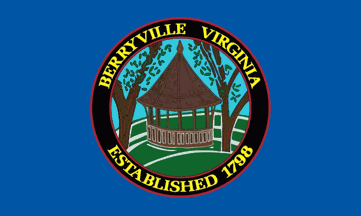General Assembly:
“The Senate Agriculture Committee on Thursday approved HB
268, the companion to SB 51, which has passed the House and Senate and is on
its way to the governor for signing. These are the bills which expand various
agritourism activities and additional value-added sale, preparation and
processing opportunities. The Committee also endorsed the House version of the
omnibus stormwater management bill (HB 1173). The bill is identical to the
Senate version, SB 423, which passed the House unanimously. Both bills contain
an emergency clause, meaning they take effect upon approval by the governor.
Recall that the bills allow non-MS4 localities to opt out of establishing and
running a local stormwater management program and to have DEQ manage it.”
~ David Blount, TJPDC
Legislative Liaison







